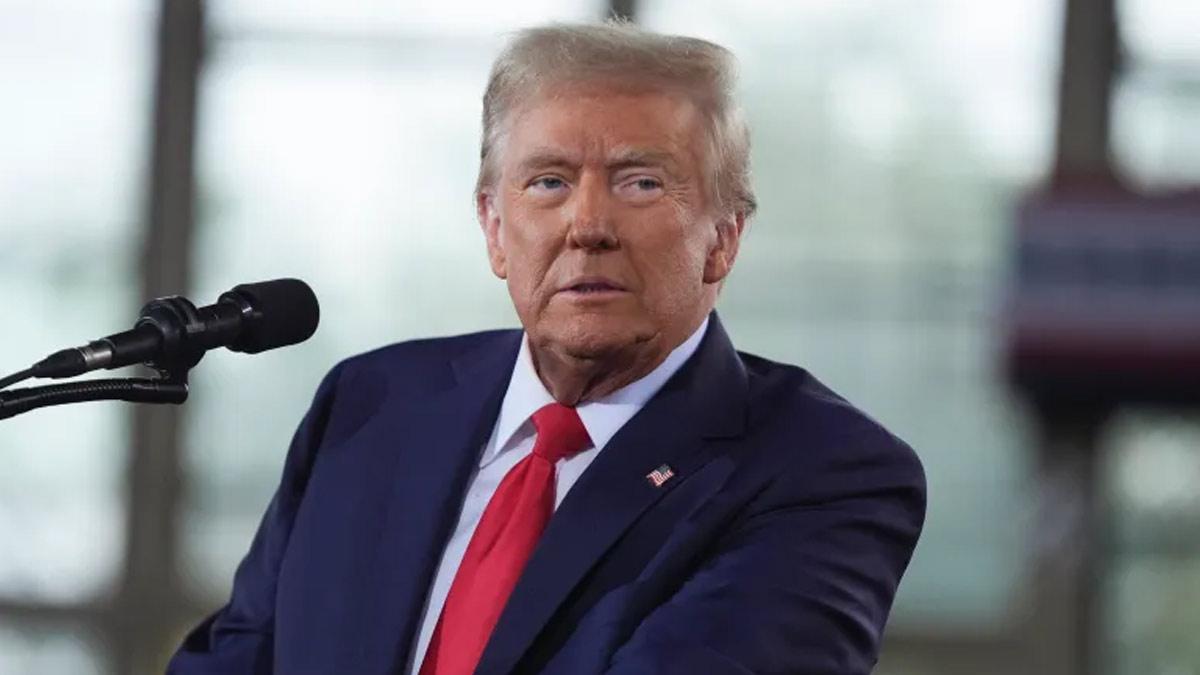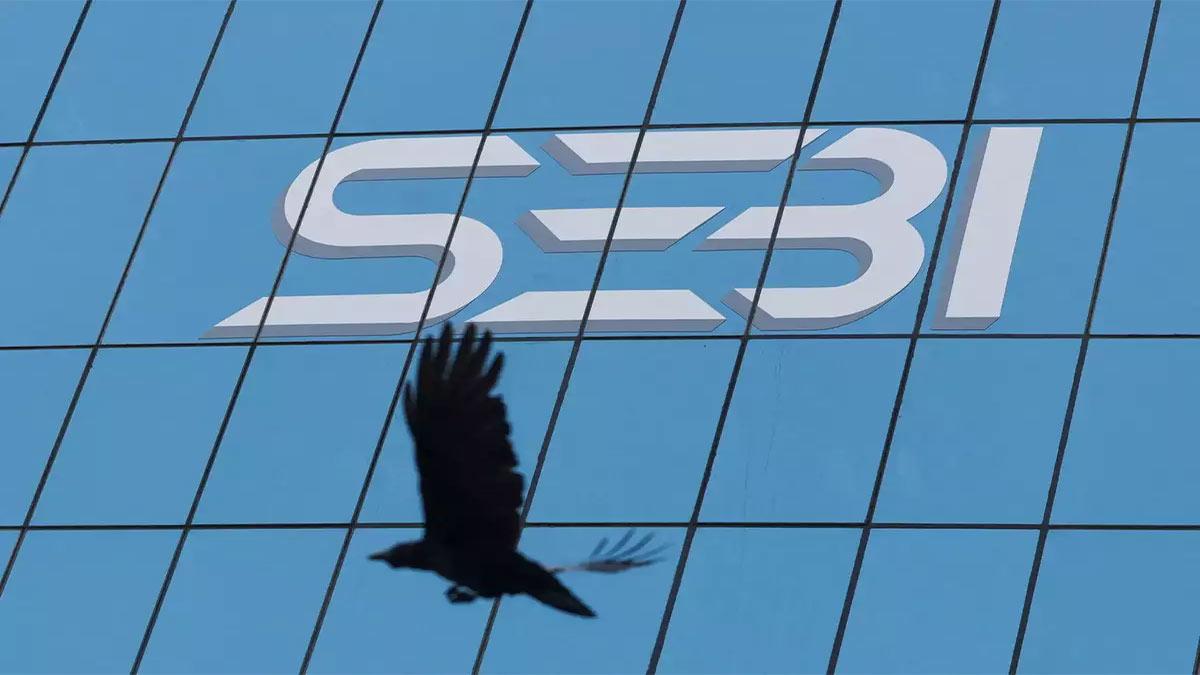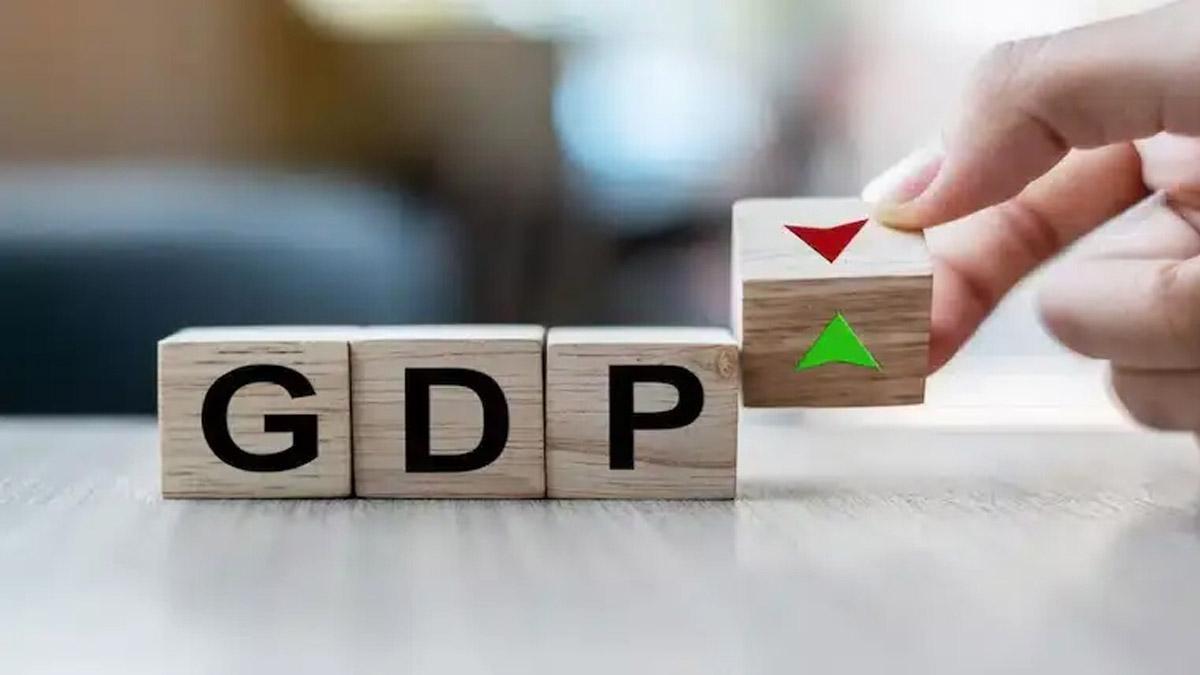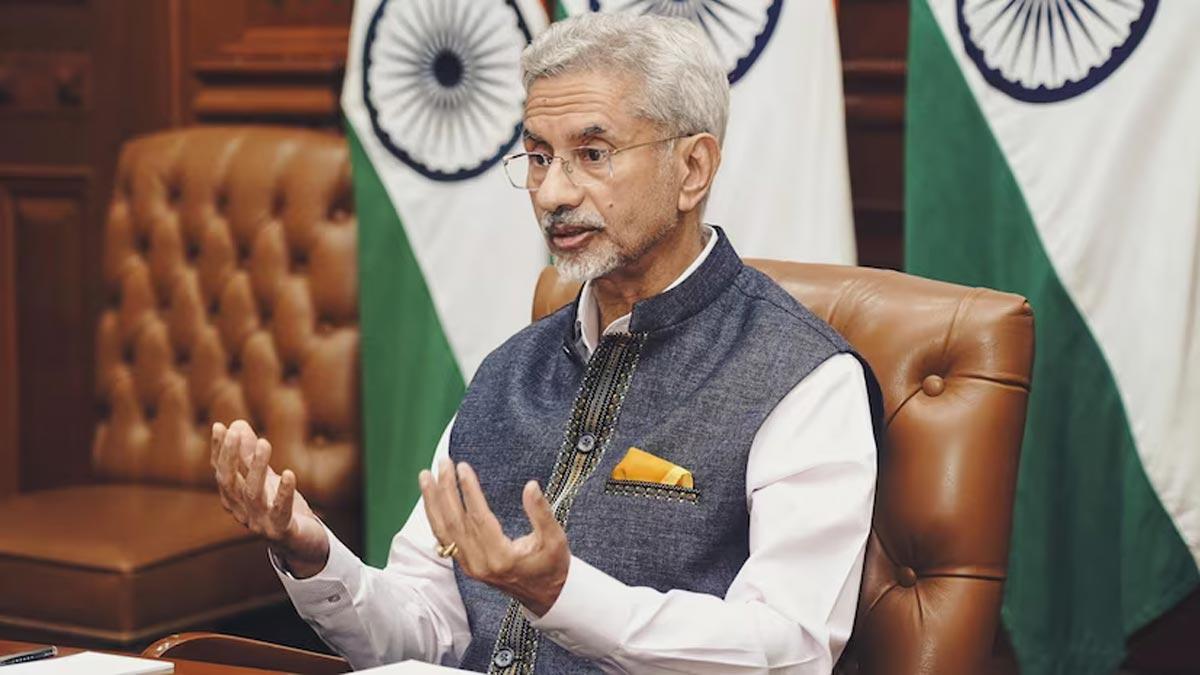On Friday, there was a indication by President Donald Trump to negotiate individual trade deals with nations willing to keep out U.S. tariffs. But he also made it clear that any agreements would be for consideration only once his administration institutes reciprocal tariffs effective April 2.
Addressing reporters on Air Force One, Trump also spoke of possible tariffs against the pharmaceutical sector, but did not mention the time frame or the precise percentages for the tariffs.
Trump said that a number of countries, including Britain, had come to the U.S. to talk about trade agreements that would bypass the imminent tariffs.
"They desire to negotiate deals. If we get good terms, then I am definitely willing to do it," Trump added. "But it must be something that is good for us."
Asked if the deals could be reached before April 2, he ruled it out. "No, most likely later. It's a process," he said.
In the meantime, the European Union is negotiating concessions to convince the Trump administration to roll back partly tariffs that have already hit the bloc's exports and are set to rise after April 2.
The EU officials making their visit in Washington this week were told that the new automobile and reciprocal tariffs that are supposed to be enacted could not be prevented, reported Bloomberg, which used unnamed sources. But early discussions were done about a framework for lessening the effect of these tariffs.
The European Commission, which leads the EU's trade policy, has started drawing up a "term sheet" with possible negotiation terms. The document has reportedly proposed cuts to EU tariffs, increased U.S.-EU investments, and the relaxation of certain regulatory and compliance requirements.
The tit-for-tat tariffs are one facet of Trump's overall approach to pushing back on what he believes are unfair trading practices, from excessive tariffs applied to U.S. products and non-tariff barriers of domestic regulations and tax policies to the EU's value-added tax (VAT) and digital taxes. They are among the latter that have been criticized.
The European Union, on its part, asserts that its system of VAT is a neutral and non-discriminatory tax that treats domestic and imported products equally.
Read also| Centre to Borrow ₹8 Lakh Crore in H1 FY26, Covering 54% of Annual Target
Read also| Gautam Adani becomes India's biggest wealth gainer: Hurun Global Rich List


















